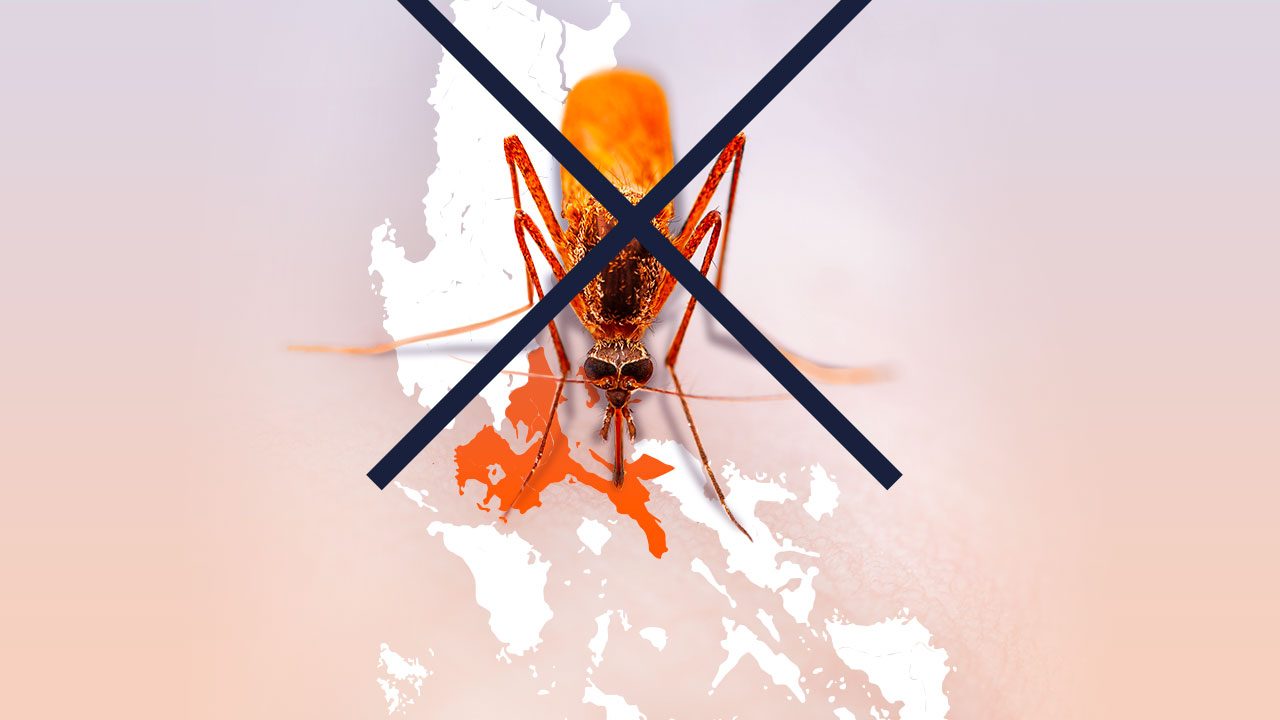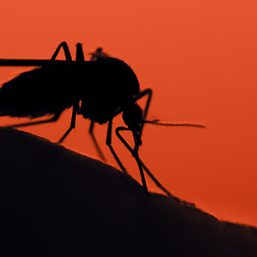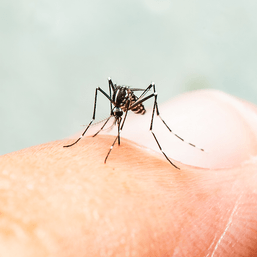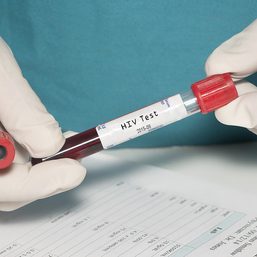SUMMARY
This is AI generated summarization, which may have errors. For context, always refer to the full article.

MANILA, Philippines – The Department of Health (DOH) has declared Calabarzon officially free of malaria, although the last province in the region, Rizal, achieved the status in 2022.
In a ceremony mounted on Monday, April 17, by the Center for Health Development in Calabarzon, DOH Officer-in-Charge Maria Rosario Singh-Vergeire specifically commended 82 local government units and public and private institutions and facilities in the region that contributed to eliminating the mosquito-borne disease.
“We’ve gone a long way in this fight. If we will become complacent after this [achievement], our successes will go to waste,” Vergeire said in Filipino during the event at Novotel in Quezon City. “The challenge laid out, the next step is sustainability, sustain ZERO malaria at all costs.”
She added, “We will also facilitate the assessment of provinces with elimination status so that they can join malaria-free provinces like Region 4A.”
Malaria is contracted when a female Anopheles mosquito – one that breeds in rivers and lakes – bites a person. Although rarely, it can also be contracted through blood transfusion, or passed on by mother to child before or during birth, the DOH says.
Symptoms usually manifest after a week or two after the mosquito bite, but there are certain types of the diseases where symptoms appear months after. While it is preventable and curable, malaria can be deadly if not attended to.
According to the DOH, the common symptoms are headache, high fever, chills, nausea, and vomiting. Severe symptoms include vomiting and diarrhea, generalized convulsion, delirium and impaired consciousness, followed by coma and possibly death.
The Philippines aims at becoming malaria-free by 2030. For a locality to be declared free of malaria, it must have recorded zero transmission in the area for five years. During that time, the municipality, city, or province is placed under the disease-elimination phase.
The first province in Calabarzon, south of Metro Manila, to be declared malaria-free was Cavite, in 2005.
It was followed by Batangas in 2010, Quezon and Laguna in 2019, and Rizal in 2022.
As of February 2023, Palawan is the only province left out of 81 where the disease was still being transmitted. Before this, the province consistently logged 90% of all malaria cases in the country.
The Philippines reduced its malaria cases by almost 90% in nearly two decades, from 48,569 in 2003 to 6,120 in 2020. – Rappler.com
Add a comment
How does this make you feel?













![[Free to disagree] Ending victimhood](https://www.rappler.com/tachyon/2024/05/TL-Ending-victimhood-May-20-2024.jpg?resize=257%2C257&crop_strategy=attention)

There are no comments yet. Add your comment to start the conversation.